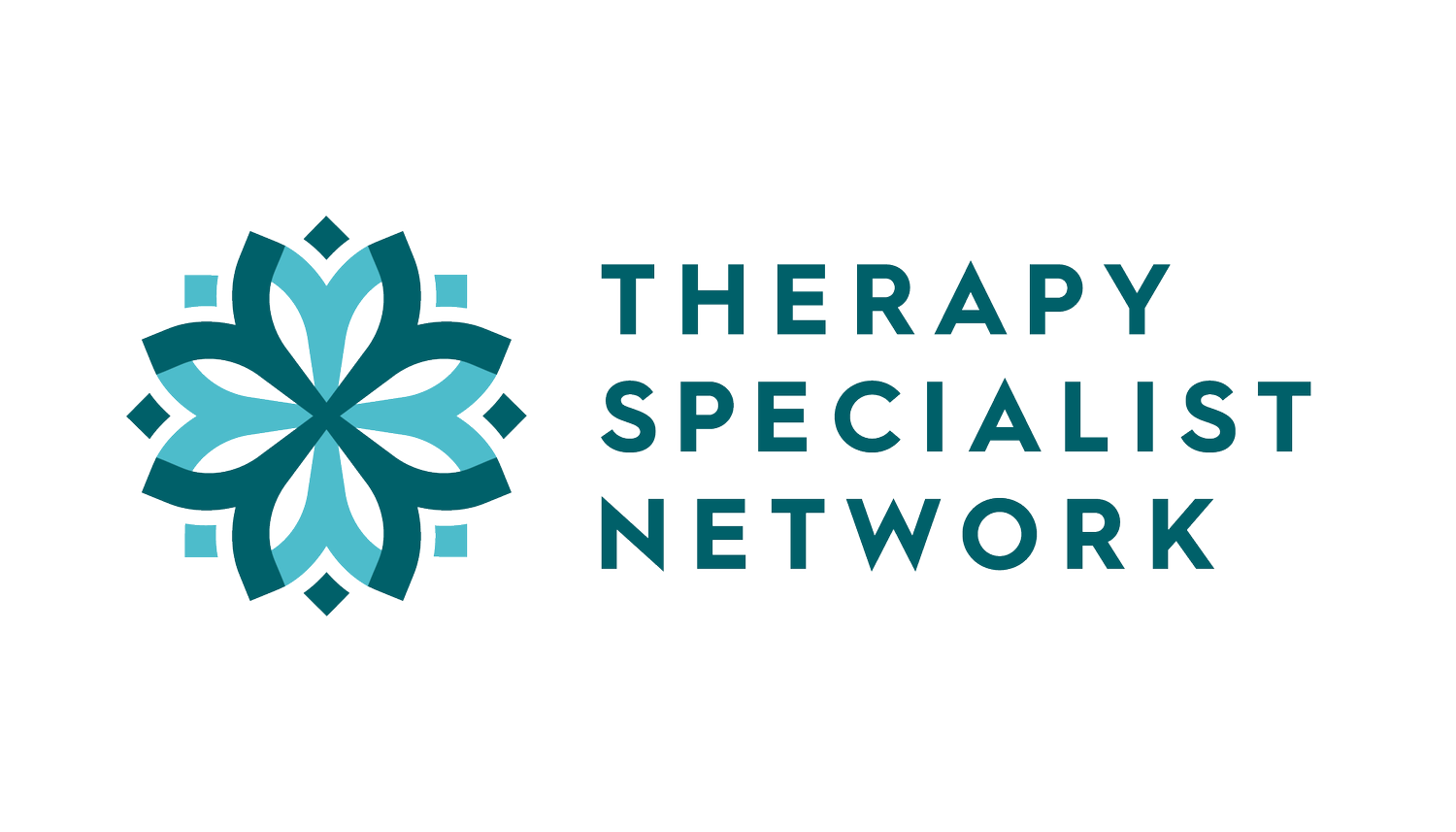Orofacial Myofunctional Disorders
Orofacial Myology is the treatment of orofacial complex dysfunction and includes differential diagnosis to determine specific structural and functional impacts followed by an individualized treatment plan for each patient.
Atypical oral rest posture (lips apart, tongue low or forward in the oral cavity), mouth breathing, forward movement of the tongue during swallowing, sucking habits (thumb, finger, tongue, etc), clenching, and grinding are all examples of orofacial myofunctional disorders and when untreated these can lead to changes in dental alignment (malocclusion), maxillary and mandibular jaw growth patterns, breathing, chewing and swallowing, speech sound production, and sleep patterns.
Orofacial Myofunctional Treatment can influence positive change in the system creating space for health and wellness to be obtained and maintained throughout the lifespan. A full program is most appropriate beginning at 4 years of age and can be utilized throughout adulthood with success. Younger children and infants can benefit from similar methodology and intervention strategies as well but are defined more appropriately as feeding therapy. All ages benefit from participation in a care plan to address oral function as part of their pre- and post-frenectomy care.
Signs and Symptoms of Orofacial Myofunctional Disorders
Lips apart posture
Mouth breathing/Nasal disuse
Low and forward tongue posture
Drooling
Clenching/Grinding
High and/or narrow palate
Crowded dentition
Recessed mandible
Prolonged sucking habits (thumb/finger, pacifier, bottle)
Lips apart chewing
Pocketing food
Restricted diet
Difficulty swallowing pills
Forward head posture
Slumped shoulders
Prolonged bed wetting
Noisy breathing
Snoring
Restless sleep
Poor sleep efficiency
Daytime sleepiness or hyperactivity
Difficulties with attention and focus

